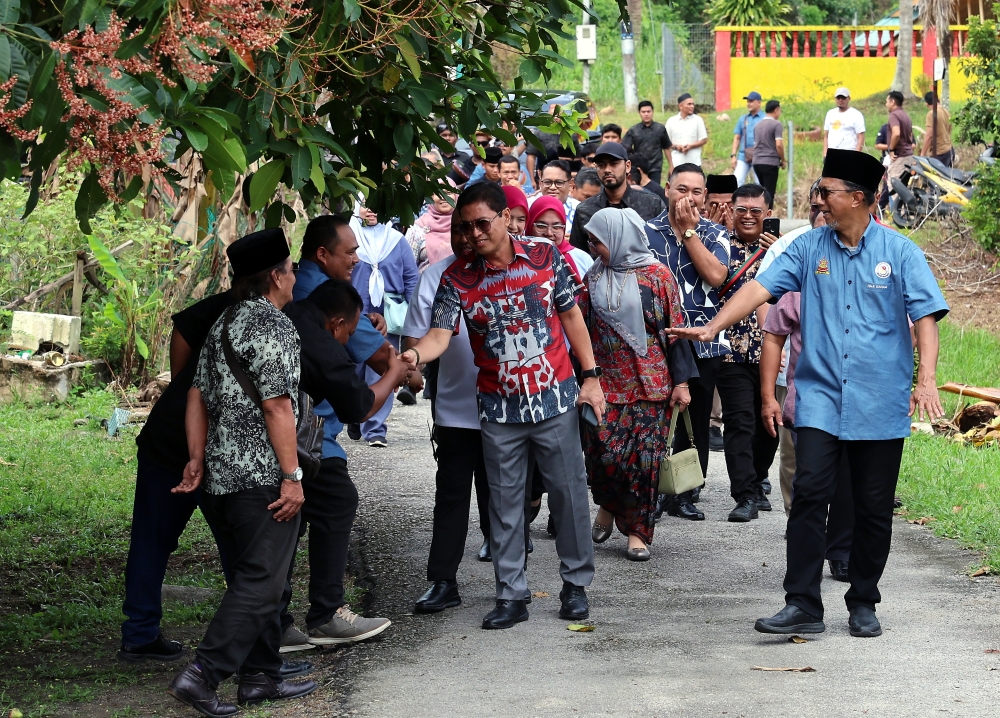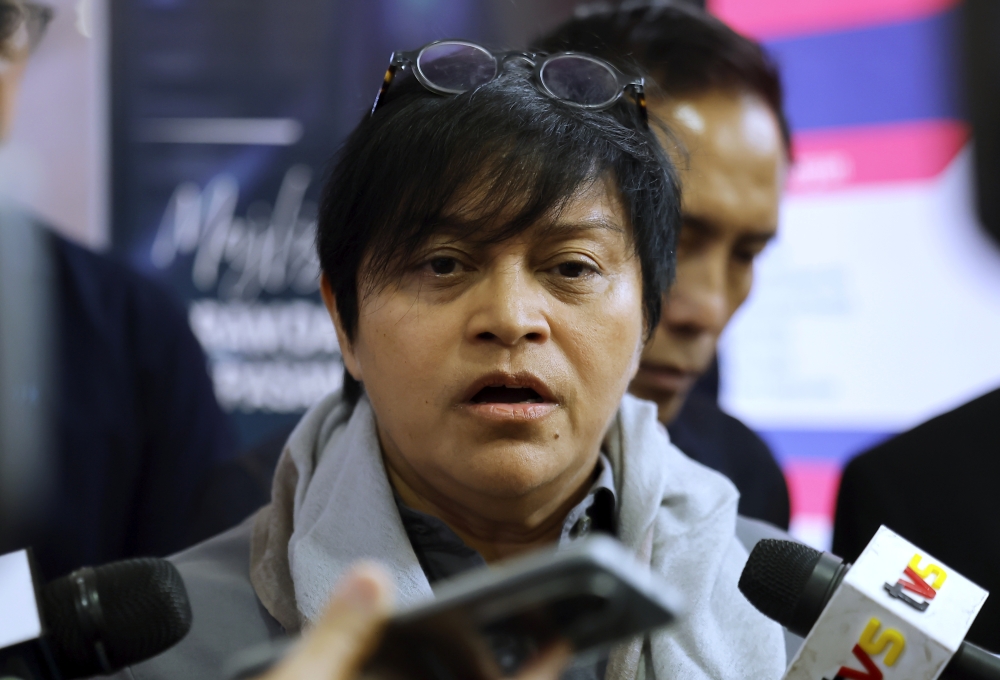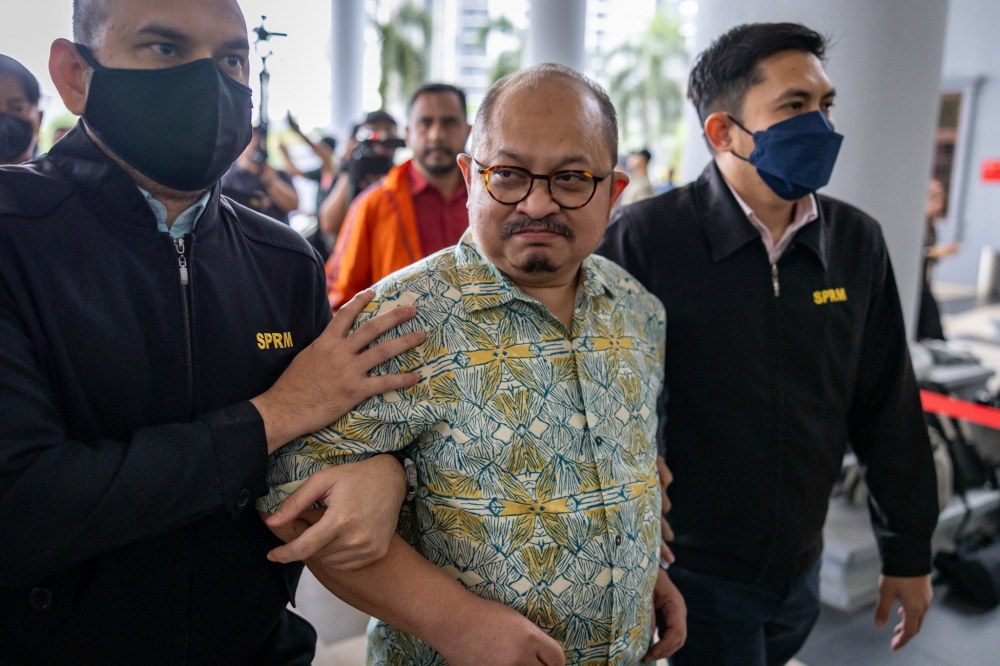SANDAKAN , May 9 — In a shoplot at the heart of old Sandakan town, 44-year-old Hassan Mohamad yawns loudly behind the counter of his sundry store while watching his phone.
It is a Wednesday morning and business is slow.
“Actually, it's not bad this week, more people around now. It’s usually even quieter,” he said, referring to the various politicians on the campaign trail that has descended on this town along Sabah’s east coast.
Once, Sandakan had been known as “Little Hong Kong” for its many Chinese settlers, bustling trade during its heydays and cornucopia of Chinese cuisine, but a visitor now would not know this just from walking the streets of the town, even on its touristy waterfront esplanade.
Today, most shops and the market are run by Muslims who live in the township and in the vicinity. Nearby, Western tourists staying at the Four Points Sheraton hang out with the locals at the grilled fish restaurant, juice stall and local bistros, enjoying the sea breeze in an otherwise quiet town.
In this federal constituency, the second largest city in Sabah, just under half the population in the federal constituency are Muslim natives — Orang Sungai, Suluk and Bajau and others make up some 45 per cent of the voter base — but they tend to be overshadowed by the more affluent Chinese community that is now spread out in the suburbs or moved on to other cities.
Previous misconceptions may have portrayed Sandakan as a clear Chinese majority seat but, now, the competing politicians have realised otherwise and are quickly shifting their attention to the large Muslim community that may be the new kingmakers.
Areas like Kampung Sim Sim and Pulau Berhala have become major stopping points for the candidates in this five-corned by-election contest, and the Muslims here thankful their gripes are now being heard.
Hassan’s grouses are no different from most: the cost of living has become unbearable and his family of six is struggling under his meagre earnings from his modest sundry shop.
“The town used to be bustling. Even when the timber boom died down we still did OK. But lately, it’s just gotten so bad. There’s no tourists, no activity, no movement. I think everybody has been struggling since prices went up in the last few years,” he said.
The fishermen of Kampung Sim Sim, Kampung Pukat, and Pulau Berhala also complain about the lack of direct aid like the Bantuan Sara Hidup since the new government came in and said the low-cost homes promised to them still have not materialised.
This is where Umno, stumping for the Opposition Parti Bersatu Sabah’s candidate, has stepped in to use the unfulfilled promises against the nascent state and federal governments.
.jpg)
After drawing a modest but rousing crowd last Monday in Kampung Sim Sim, the Malay nationalist party has begun sending in its big hitters.
Acting Umno president Datuk Mohamad Hasan headlined their ceramah last night while former prime minister Datuk Seri Najib Razak is expected to use his break from ongoing criminal trial to show support in the last stretch of the campaign to woo voters for PBS on Friday night.
For PBS, which claimed ignorance of Najib’s visit here amidst his trial for money laundering and corruption, his presence is a dilemma; it may shore up support with Muslim Bumiputera voters but at the risk of alienating the Chinese vote.
A political observer said that with Umno on its side, the state Opposition could rake in a few more thousand votes, which would put it within striking distance of DAP that had been considered the favourite to win.
Despite his legal troubles, Najib may still have some vestige of popularity courtesy of projects announced when he had been PM. These include approval for a RM40 million flood mitigation project along Sungai Anip and RM80 million for the expansion of Sandakan airport, including the extension of the runway, during his administration.
Sabah Umno chief Datuk Bung Mokhtar Radin has also pledged that 9,700 Umno members, or half of the total Muslim Bumiputera voters in Sandakan, will back PBS and called on others in the community to also vote the same way.
The call to arms has unnerved DAP, which in turn is urging voters to turn up in numbers to vote on polling day, in the hopes that a high turnout will tip the scales in their favour again.
“We need the office workers and those away to come back and vote,” said DAP secretary Chan Foong Hin.
Anticipating a lower voter turnout, DAP needs at least 80 per cent of the Chinese vote and 50 per cent of the Malay ballots to pull off a win. Chinese voter turnout was at 51 per cent during the general election but is expected to be just 35 per cent this time.
A party source has indicated PBS may be ahead in terms of Muslim votes but is trailing DAP among Chinese voters.
DAP’s hopes for the Muslim Bumiputera votes are pinned on a local hero — Sabah Chief Minister Datuk Seri Shafie Apdal whose draw was evident in GE14 when the late Datuk Stephen Wong pulled off an unprecedented 10,098 majority victory that was at least double the previous margins.
Shafie, who will visit Kampung Sim Sim and Pulau Berhala today, is undoubtedly popular with the local crowd who greet him enthusiastically wherever he goes, but without the momentum for change they enjoyed in general election, it remains to be seen whether he will get the same support.
Political observers are divided as of now, noting that while the Muslim Bumiputera tend to be establishment voters, the slowing economy has hit them hard and may be enough for them to switch allegiances in a show of disgruntlement.
“There’s still a few days of campaigning to go, so it’s still anyone’s game. But it's apparent that for both, the last push is to win over the Muslim votes and Najib’s planned ceramah on the eve of polling day may be the biggest indicator,” said one.













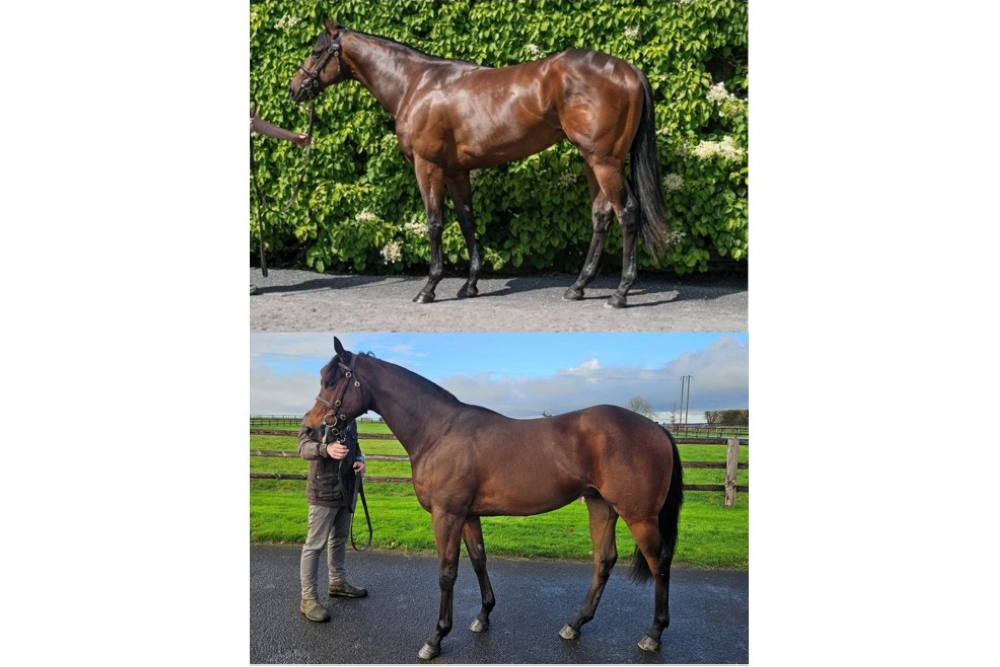
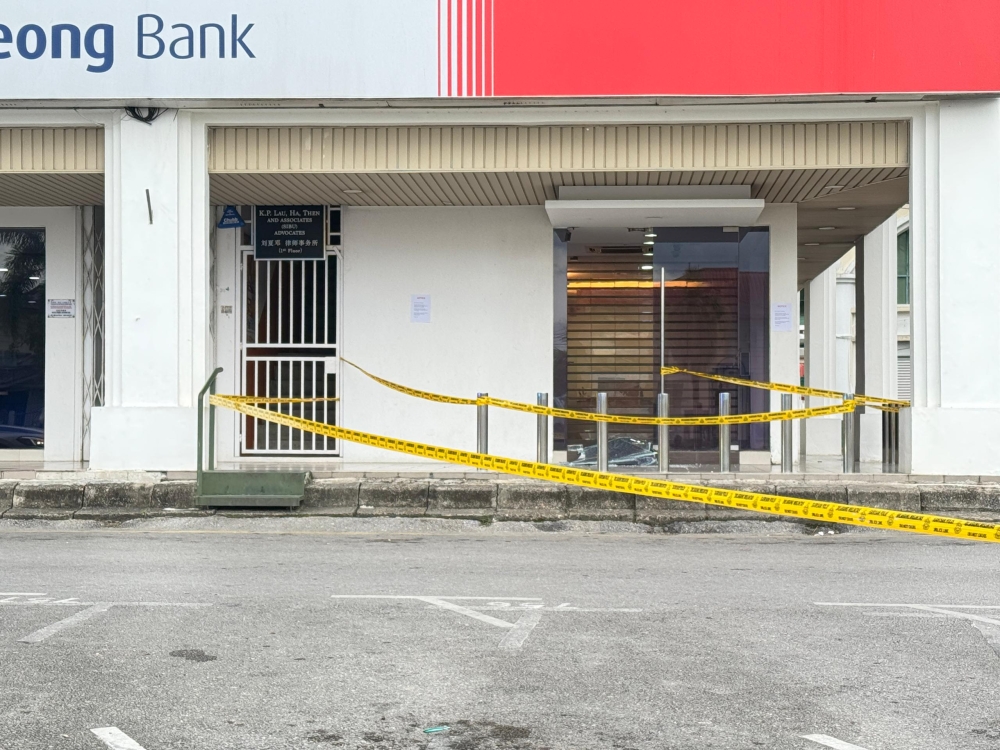

.jpg)
